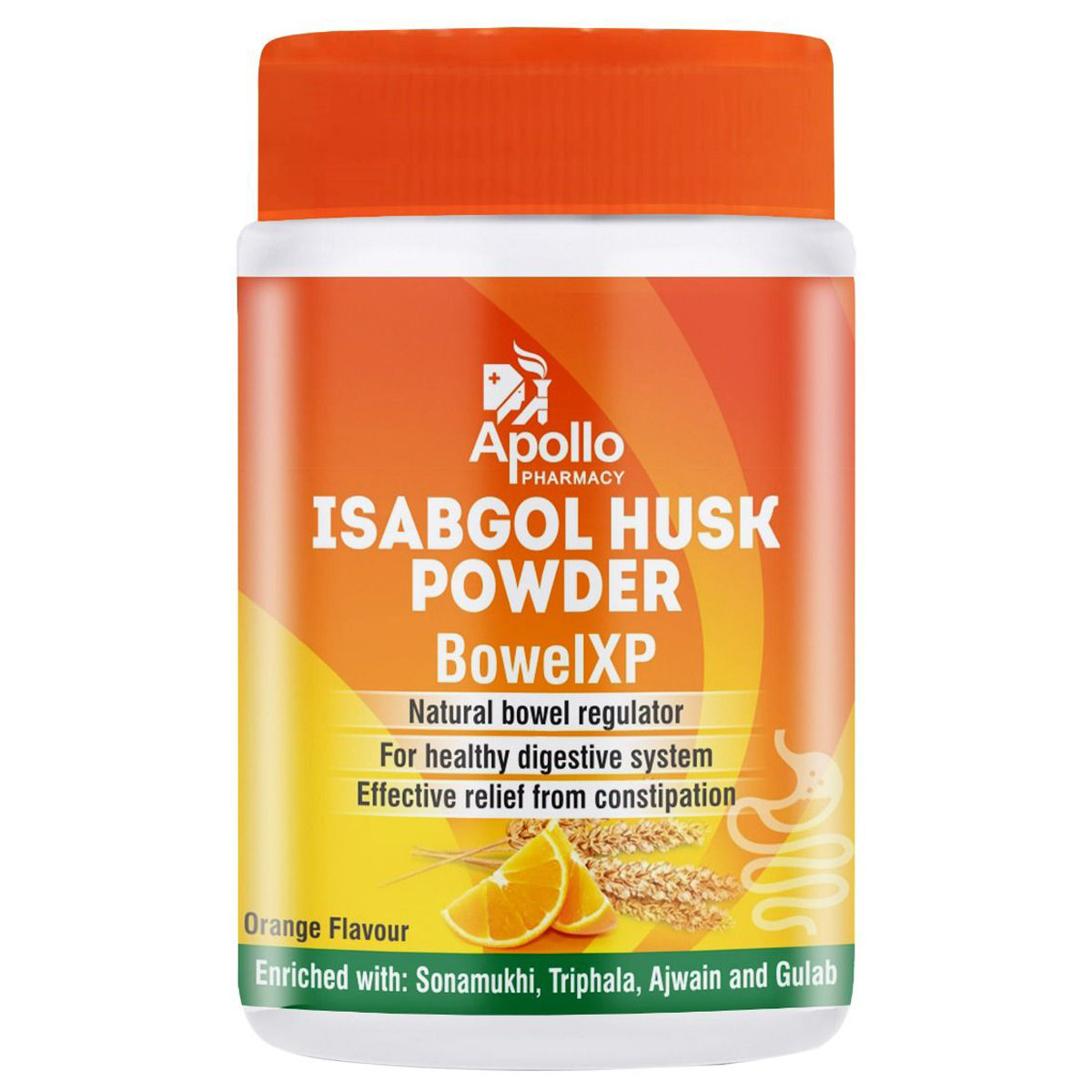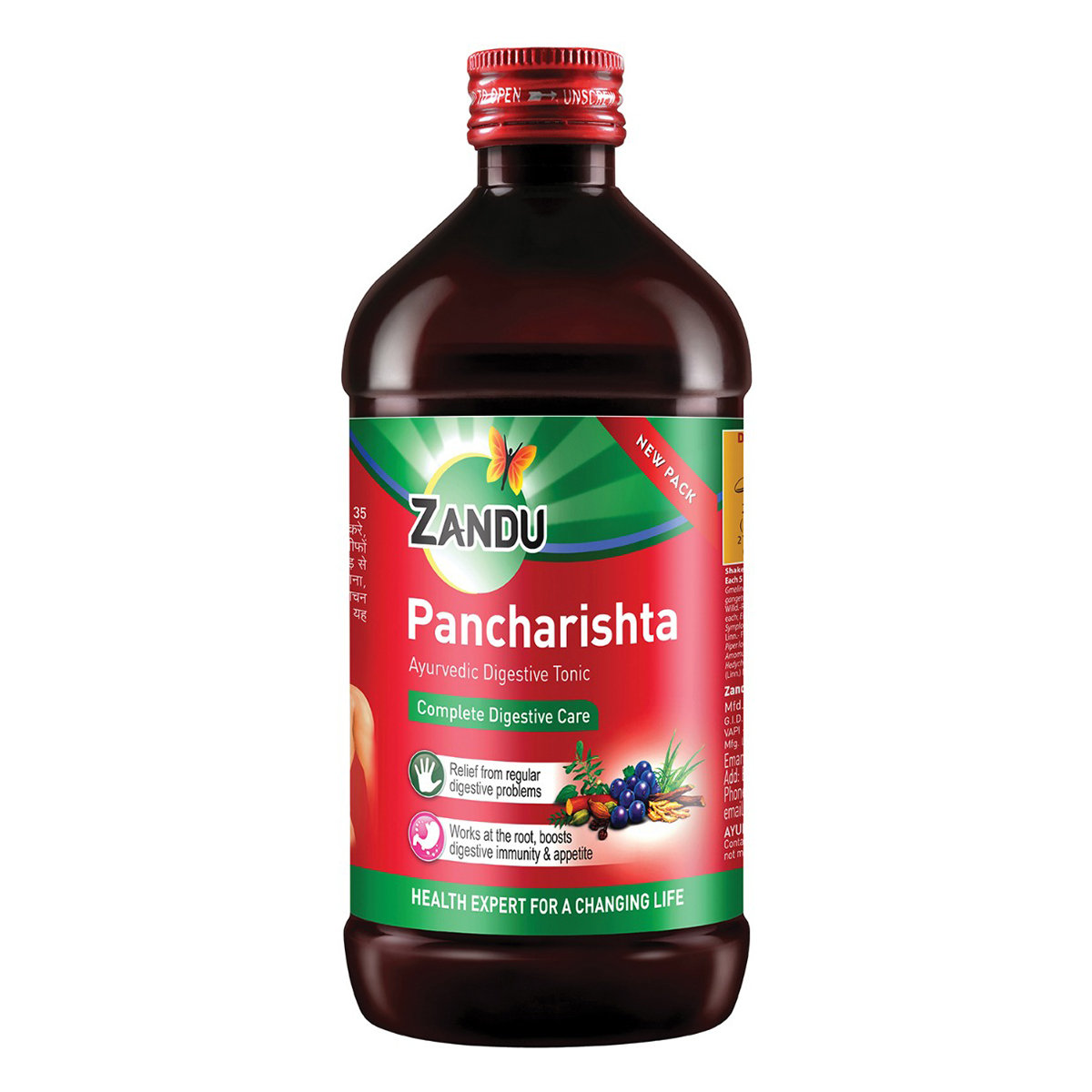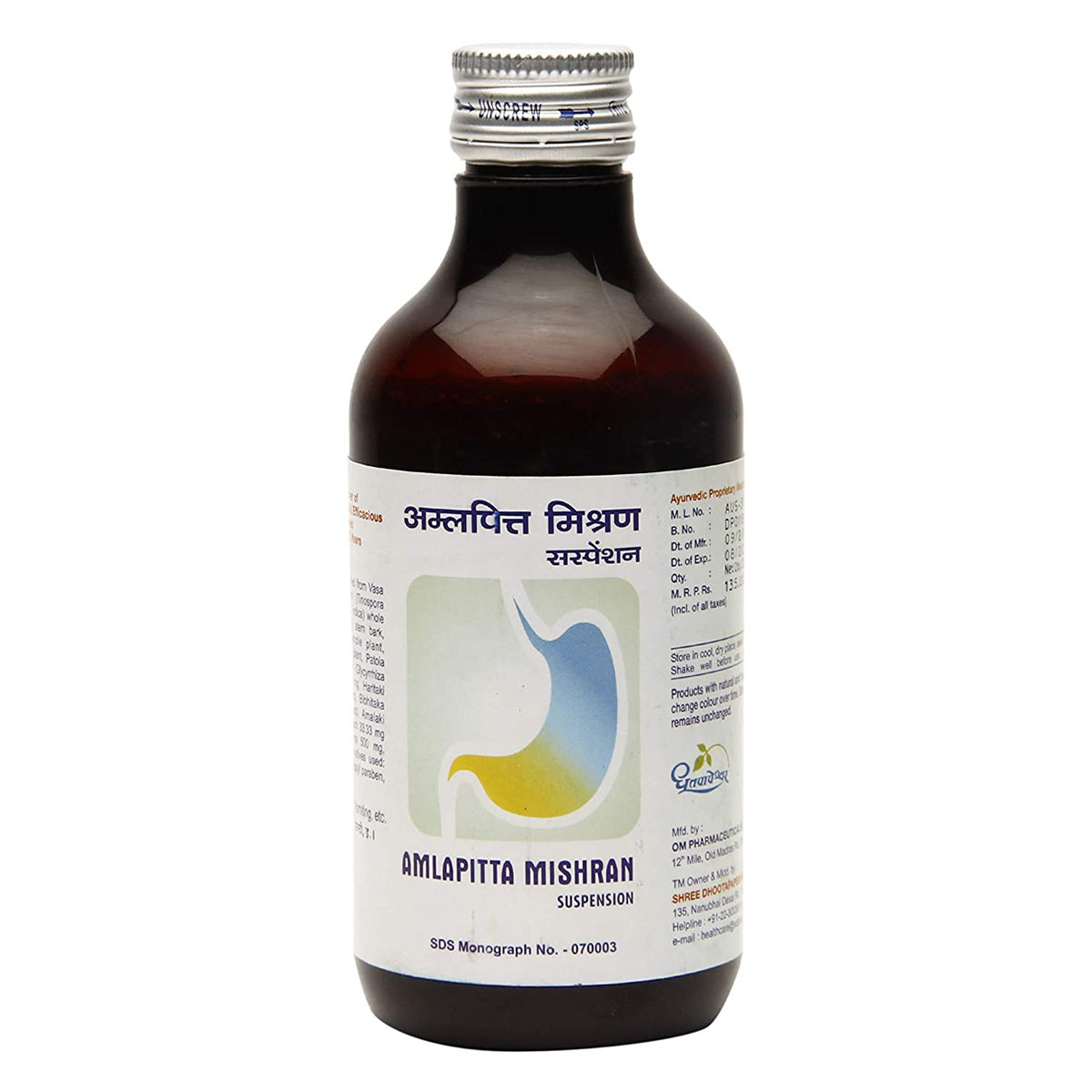Mariliv Tablet
MRP ₹201.5
(Inclusive of all Taxes)
₹30.2 Cashback (15%)
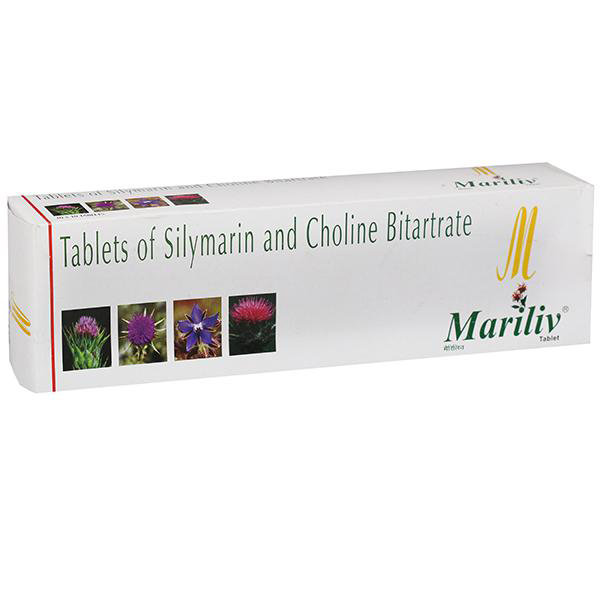
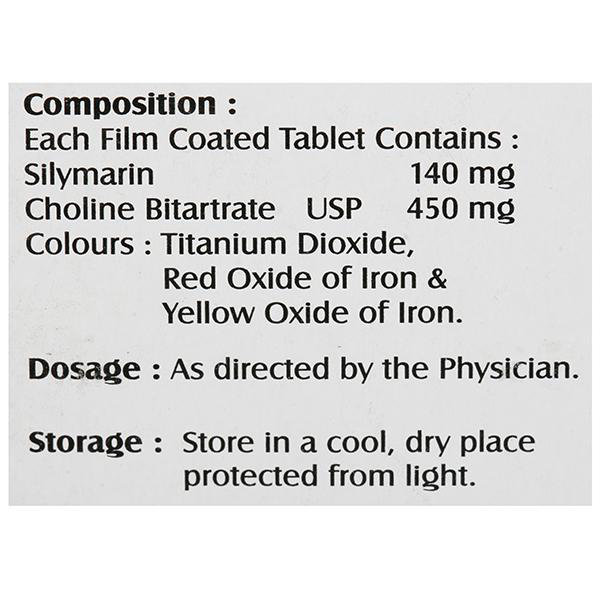
Available Offers
Therapeutic Class
Author Details
We provide you with authentic, trustworthy and relevant information
Drug-Drug Interactions Checker List
- CLARITHROMYCIN
- WARFARIN
- IBUPROFEN
- CELECOXIB
- DICLOFENAC
- LOVASTATIN
- FLUVASTATIN
Drug-Drug Interactions
Drug-Drug Interactions
Login/Sign Up
Drug-Food Interactions
Drug-Food Interactions
Login/Sign Up
Drug-Diseases Interactions
Drug-Diseases Interactions
Login/Sign Up
Drug Warnings
Do not take Mariliv Tablet and consult your doctor if you are allergic to any of its contents; if you have inflammation of gall bladder and bile ducts, narrowing or blockage of bile ducts, biliary colic, calcified gallstones, improper constriction of the gallbladder, gastric or duodenal ulcer. Inform your doctor before taking Mariliv Tablet if you have variceal bleeding (high blood pressure in portal veins), ascites (excess abdominal fluid), liver encephalopathy or liver disease. Consult your doctor before taking Mariliv Tablet if you are pregnant or breastfeeding. Mariliv Tablet should be given to children only if recommended by the doctor. Avoid consuming alcohol along with Mariliv Tablet as it could lead to increased liver damage. Keep your doctor informed about your health condition and medicines to rule out any unpleasant side effects.
Side Effects of Mariliv Tablet
- Back pain
- Diarrhea
- Dizziness
- Hair loss
- Nausea
- Rash
Directions for Use
Medicinal Benefits Mweb
Key Benefits
Mariliv Tablet contains Silymarin. Silymarin is obtained from the milk thistle plant. Silymarin’s main component is silibinin, which has strong antioxidative and antifibrotic properties. These properties make it useful for the treatment of chronic liver diseases and liver cirrhosis. Silymarin helps in protecting the liver from free radical damage and prevents hepatic lipid peroxidation. It increases glutathione and protein synthesis and helps in the production of new liver cells.
Uses of Mariliv Tablet
About Mariliv Tablet
Mariliv Tablet is used in the treatment of chronic liver disease and liver cirrhosis. Liver diseases lead to disturbance of vital liver functions. Mariliv Tablet effectively prevents multiple liver disease mechanisms and ensures protection, regeneration, and rejuvenation of the liver.
Mariliv Tablet contains Silymarin. Silymarin is obtained from the milk thistle plant. Silymarin’s main component is silibinin, which has strong antioxidative and antifibrotic properties. These properties make it useful for the treatment of chronic liver diseases and liver cirrhosis. Silymarin helps in protecting the liver from free radical damage and prevents hepatic lipid peroxidation. It increases glutathione and protein synthesis and helps in the production of new liver cells.
Take Mariliv Tablet as recommended. In some cases, you may experience certain common side effects, such as back pain, diarrhoea, dizziness, hair loss, nausea, and rash. Most of these side effects do not require medical attention and will resolve gradually over time. However, you are advised to talk to your doctor if you experience these side effects persistently.
Let your doctor know if you are allergic to any of the contents of this medication. Consult your doctor before taking this tablet if you are pregnant or breastfeeding. Be cautious while driving and operating machinery, as it is unknown if this medication interferes with your ability to drive. Avoid consuming alcohol as it could lead to further liver damage. This medication should not be given to children unless recommended by a doctor.
Online payment accepted
know your delivery time
Provide Delivery Location
Author Details
We provide you with authentic, trustworthy and relevant information
Therapeutic Class
All Substitutes & Brand Comparisons
RX
Out of StockHepox 140mg Tablet
Apex Laboratories Pvt Ltd
₹57.2
(₹5.15 per unit)
71% CHEAPERRX
Out of StockShamliv 140mg Tablet
₹75
(₹6.75 per unit)
62% CHEAPERRX
Out of StockSilvia 140mg Tablet
Fem Care Pharma Ltd
₹82
(₹7.38 per unit)
59% CHEAPER
- If you experience signs of skin allergies such as redness, itching, or irritation after taking medication, contact your doctor right away.
- To alleviate skin allergy symptoms, your doctor may change your medication regimen or offer tailored medication management advice.
- Your doctor may recommend or prescribe drugs to relieve discomfort.
- Cool compresses or calamine lotion can help relieve redness and itching on the afflicted skin area.
- Staying hydrated by consuming plenty of water can help relieve discomfort.
- Monitor your skin condition closely and promptly report any changes, worsening symptoms, or concerns to your healthcare provider.

Have a query?
Verified Buyers Reviews
Side Effects
- Allergic Reactions
If any of the above side effects continue or intensify, seek medical advice. Professional guidance may be necessary for appropriate care and treatment adjustments.
Buy best Gastro Enterology products by
Abbott India Ltd
Sun Pharmaceutical Industries Ltd
Alkem Laboratories Ltd
Cipla Ltd
Torrent Pharmaceuticals Ltd
Intas Pharmaceuticals Ltd
Mankind Pharma Pvt Ltd
Lupin Ltd
Dr Reddy's Laboratories Ltd
Aristo Pharmaceuticals Pvt Ltd
Alembic Pharmaceuticals Ltd
Wallace Pharmaceuticals Pvt Ltd
La Renon Healthcare Pvt Ltd
Leeford Healthcare Ltd
Macleods Pharmaceuticals Ltd
J B Chemicals & Pharmaceuticals Ltd
Zydus Healthcare Ltd
Micro Labs Ltd
Zydus Cadila
Fourrts India Laboratories Pvt Ltd
Morepen Laboratories Ltd
Zuventus Healthcare Ltd
FDC Ltd
Eris Life Sciences Ltd
Cadila Pharmaceuticals Ltd
Medishri Healthcare Pvt Ltd
Alniche Life Sciences Pvt Ltd
Medley Pharmaceuticals Ltd
Tas Med India Pvt Ltd
Signova Pharma
Tablets India Ltd
Elder Pharmaceuticals Ltd
Wockhardt Ltd
Emcure Pharmaceuticals Ltd
Sanatra Healthcare Ltd
Glenmark Pharmaceuticals Ltd
Blue Cross Laboratories Pvt Ltd
East West Pharma India Pvt Ltd
Hetero Drugs Ltd
Indoco Remedies Ltd
Vasu Organics Pvt Ltd
Biological E Ltd
Primus Remedies Pvt Ltd
Akumentis Healthcare Ltd
Corona Remedies Pvt Ltd
Pfizer Ltd
Albert David Ltd
DR Johns Lab Pharma Pvt Ltd
Ajanta Pharma Ltd
Cadila Healthcare Ltd
Ipca Laboratories Ltd
Ordain Health Care Global Pvt Ltd
Systopic Laboratories Pvt Ltd
Ozone Pharmaceuticals Ltd
Foregen Healthcare Ltd
Medgen Drugs And Laboratories Pvt Ltd
Panacea Biotec Ltd
Samarth Life Sciences Pvt Ltd
Shine Pharmaceuticals Ltd
Adonis Laboratories Pvt Ltd
Dey's Medical Stores (Mfg) Ltd
Eskag Pharma Pvt Ltd
Hetero Healthcare Pvt Ltd
Indchemie Health Specialities Pvt Ltd
Meyer Organics Pvt Ltd
RPG Life Sciences Ltd
Troikaa Pharmaceuticals Ltd
Biochem Pharmaceutical Industries Ltd
Shreya Life Sciences Pvt Ltd
Sinsan Pharmaceuticals Pvt Ltd
3M India Ltd
Chemo Healthcare Pvt Ltd
Levin Life Sciences Pvt Ltd
Meridian Enterprises Pvt Ltd
Overseas Health Care Pvt Ltd
Saf Fermion Ltd
Sanzyme Pvt Ltd
Steris Healthcare
USV Pvt Ltd
Seagull Pharmaceutical Pvt Ltd
Votary Laboratories (India) Ltd
Win Medicare Ltd
Yuventis Pharmaceuticals
Aar Ess Remedies Pvt Ltd
Caplet India Pvt Ltd
Piramal Enterprises Ltd
Sanofi India Ltd
Cnx Health Care Pvt Ltd
Galpha Laboratories Ltd
Intra Labs India Pvt Ltd
Kinesis Pharmaceuticals Pvt Ltd
Msn Laboratories Pvt Ltd
Olcare Laboratories Pvt Ltd
Rapross Pharmaceuticals Pvt Ltd
Ronyd Healthcare Pvt Ltd
Saffron Therapeutics Pvt Ltd
Solariz Healthcare Pvt Ltd
Syndicate Life Sciences Pvt Ltd
Aurz Pharmaceutical Pvt Ltd
Biophar Lifesciences Pvt Ltd
Customers Also Bought
Frequently Bought Together
Recommended for a 30-day course: 3 Strips






